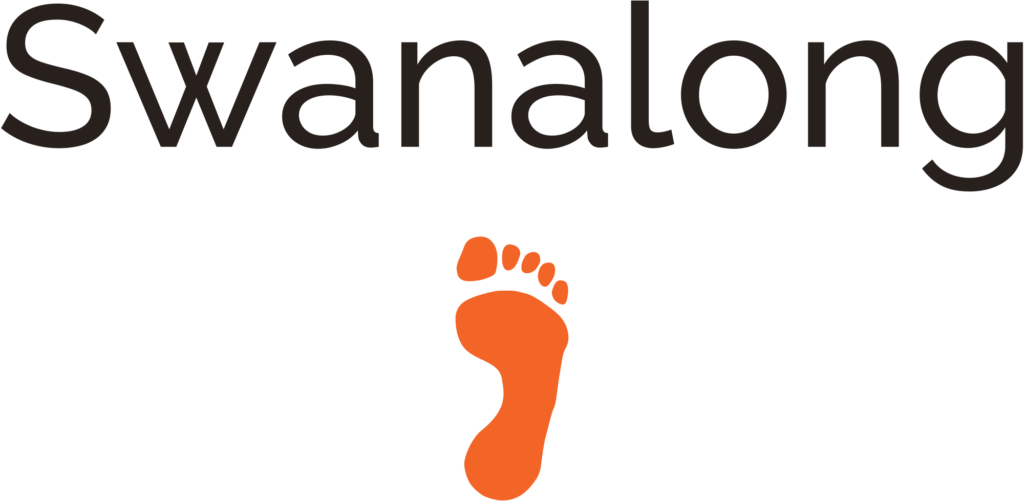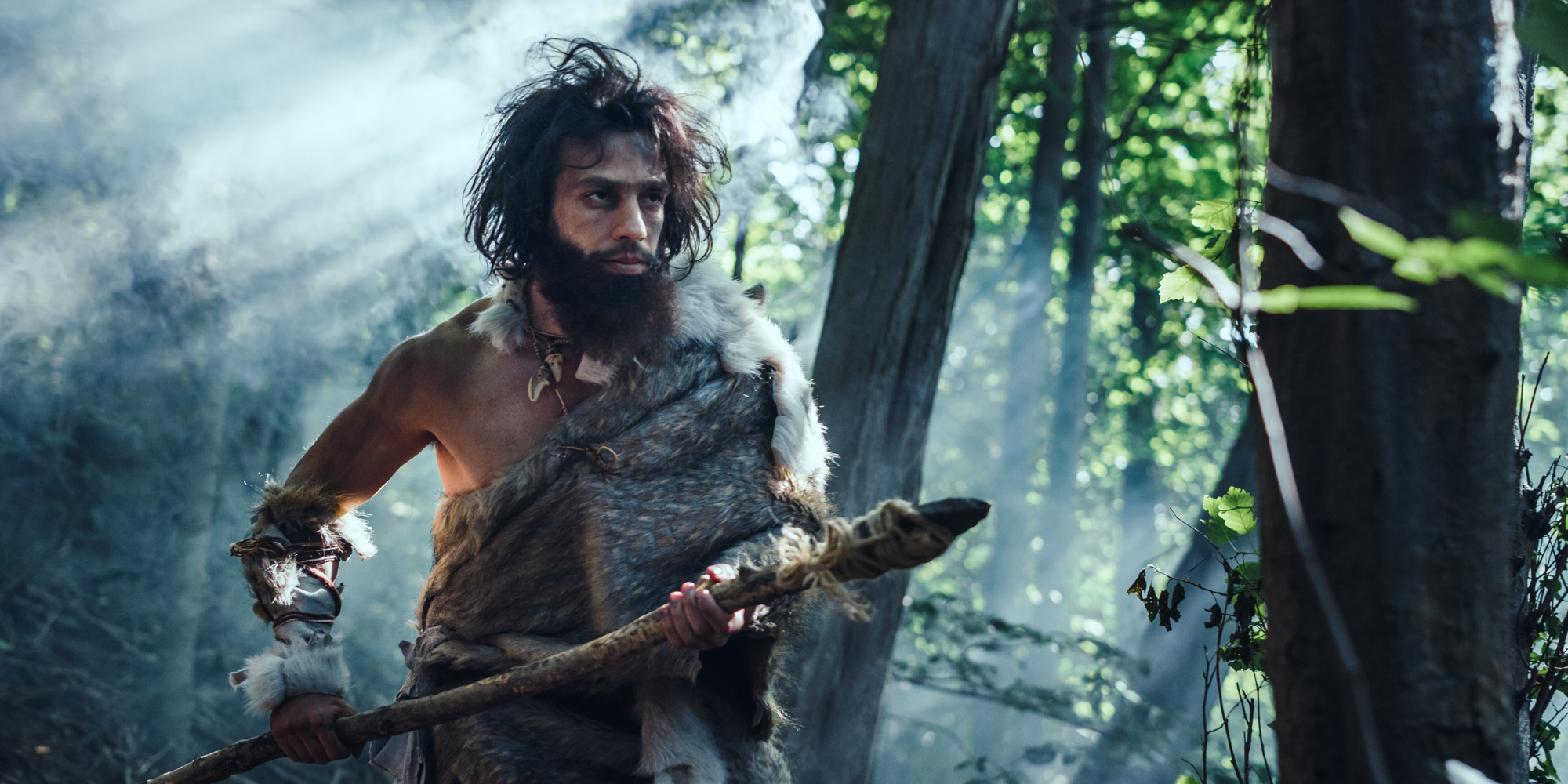A chat with a somewhat eccentric friend, who suggested we should skip the supermarket and instead kill a chicken ourselves, got me thinking. I realised that we have become estranged from the natural processes to feed ourselves. By natural processes, I refer to the act of hunting and gathering. This blog post delves into the idea of self-harvesting our food – whether through hunting, fishing, or foraging – and its potential to reconnect us with nature. However, it also explores the practicalities and implications of such a lifestyle shift in today’s world.
Harvesting your food means becoming part of the natural food chain, something that many of us have been comfortably distanced. This direct engagement compels us to face the realities of our food’s origins head-on. Surely, the act of taking a life to sustain our own would instil a newfound respect for animals and the environment, promoting ethical consumption by highlighting the importance of taking only what we need and minimising waste.
There are undeniable environmental perks to sourcing our own food. Locally harvested food reduces the need for long-haul transportation, thus cutting down carbon emissions. Engaging in responsible hunting and foraging can contribute to ecological balance, managing wildlife populations, and keeping invasive species in check.
The journey into hunting and gathering might also bolster personal growth and wellness. Mastering the arts of hunting, fishing, or foraging demands the development of new, challenging, yet enriching skills that foster self-reliance. Harvesting your own food nurtures patience, tranquillity, and a deeper bond with nature, enhancing mindfulness and appreciation for the environment and our sustenance. Moreover, wild game and foraged foods are often more nutritious, lacking the hormones and preservatives contained in commercial products.
However, some significant challenges and considerations come into play before you eagerly sharpen your spear and venture into the wild.
First off, there are legal and ethical practices to consider. Hunting and gathering demand adherence to legal and ethical standards, including respect for wildlife regulations and ensuring humane methods. Remember, not all food is free for the taking, and some species are off-limits.
Safety and education are also paramount. Being well-versed in safe practices is crucial, from handling weapons to accurately identifying edible plants. If a surge of people suddenly took up hunting, the likelihood of accidents would skyrocket without proper regulation and training.
And let’s not forget human greed, which sustainable mindsets must counterbalance. Harvesting your own food needs to be in harmony with conservation efforts and respect for wildlife habitats.
While charming in its connection to nature, the alluring idea of reverting to a hunter-gatherer society presents formidable challenges in our organised, modern world. If this approach were universally adopted, we’d grapple with issues like safety risks, territorial disputes, and concerns over food hygiene. Such a drastic shift could unsettle the delicate ecological balance and upend existing food systems, rendering it unsustainable and impractical on a global scale.
Harvesting our own food goes beyond the mere act of killing; it’s about cultivating a connection with nature, understanding the impact of our food choices, and fostering environmental responsibility. While not a viable option for everyone, taking small steps in this direction can help bridge the gap between contemporary life and the natural world. Yet, we must acknowledge that while this lifestyle has its perks, a balanced approach that includes traditional agriculture, responsible wildlife management, and mindful consumption is crucial for sustainable living and societal equity. However, the reality is that most city dwellers are unlikely to embark on such a venture, given time constraints and the convenience of local food production.

